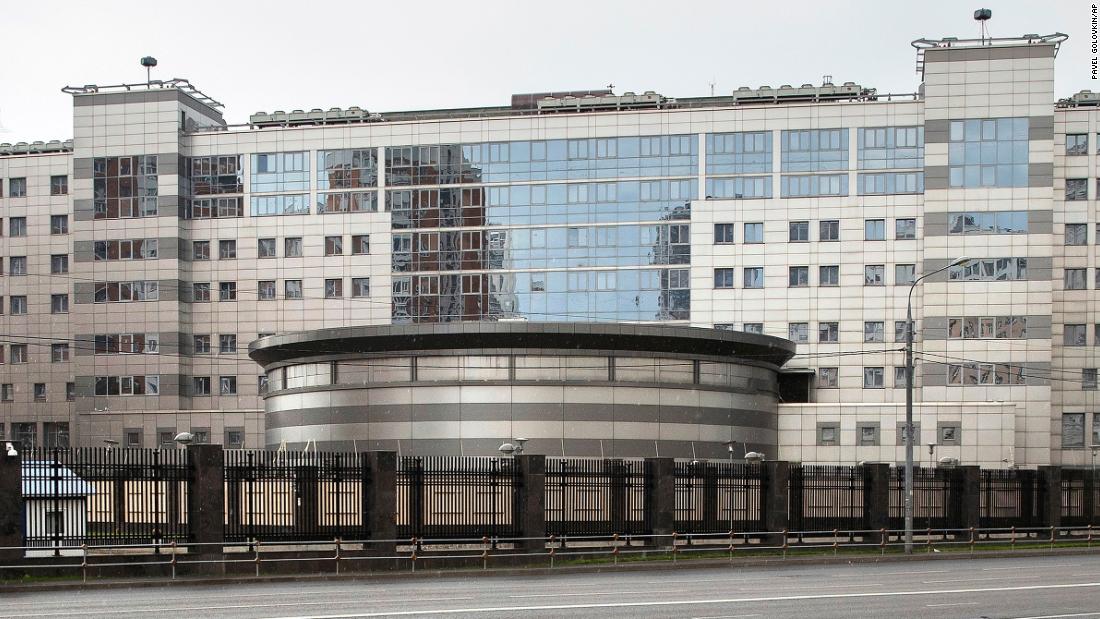
The GRU, formally known as the Main Directorate of the General Staff, has been accused by the West of orchestrating blatant, high-profile attacks, including the hacking of Democratic Party email accounts during the 2016 U.S. presidential election and The 2018 nerve agent attack in Salisbury, England.
The news has already sparked a political storm in Washington, with congressional leaders demanding responses from the Trump administration. But observers are also wondering why the Russian intelligence agency would carry out an operation that potentially conflicts with Russia’s declared goals to bring belligerent parties to the table in Afghanistan and prevent a precipitous collapse of the central government.
“First of all, these claims are a lie,” Peskov said in a conference call with journalists. “Second, if the US special services are still reported to the president, then I suggest [you] come from the corresponding statements by President Trump, who has already evaluated these reports. “
One can be forgiven for having a sense of déjà vu: GRU denials always come quickly from the Russian government.
The Kremlin repeatedly denied involvement in both cases, although Russian President Vladimir Putin called Skripal a “traitor” and a “bastard” and suggested that leaking emails from the Democratic Party was not necessarily a bad thing.
Now, accusations that the GRU offered rewards to Taliban fighters for killing US troops come at a delicate time: Russia, which regards Afghanistan as a close neighbor, wants US troops to leave the country.
In late February, the United States and the Taliban signed a peace agreement that paves the way for the withdrawal of US troops from Afghanistan and peace talks between the militant group and the government.
While relations between the US and Russia are strained, the two countries have one thing in common in Afghanistan: Russian Foreign Ministry spokesperson Maria Zakharova, generally a staunch criticism of US foreign policy. ., Recently praised the US Special Representative for “proactive efforts” to negotiate peace in Afghanistan.
An alleged GRU operation targeting US and coalition soldiers appears to be at odds with those Russian diplomatic initiatives, says Laurel Miller, director of the Asia program with International Crisis Group.
Russia has cultivated contacts with the Taliban and other belligerent parties in Afghanistan as a way to influence results in a region that it considers its strategic backyard. “It has long been known that there were Russian contacts with the Taliban and, at a minimum, a greasing of the relationship with benefits as a hedging technique,” Miller said. In 2017, for example, Army General John Nicholson, the top U.S. commander, publicly said that Russia was sending weapons to the Taliban through neighboring Tajikistan.
However, he said that an operation to give rewards to US troops would be much more provocative and “somewhat different” from their typical behavior. “It is in conflict with official Russian policy,” he said. In other words, the alleged GRU operation targeting U.S. and coalition troops could have receded: potentially undermining U.S. support for the withdrawal, or perhaps triggering new sanctions against Russia.
But the agency has a reputation for being cheeky, and can operate apparently opportunistically or independently of official policy.
“That was a pattern that we have seen many times in Ukraine,” he said, referring to Russian intelligence activities there. “The Kremlin is not a well-oiled machine, but over and over again, Putin, whether denying flagrant wrongdoing from Russia or throwing a security blanket over his security establishment, does little to enhance Russia’s internationalization
And Putin has shown a willingness to give political coverage to the GRU.
A few months after the Salisbury poisonings, which led to the expulsion of dozens of Russian diplomats from the West, Putin participated in a gala event to celebrate the centennial of what he called the “legendary GRU” and praised the patriotism of his officers, who They work for an organization that no longer has “intelligence” in their name.
.